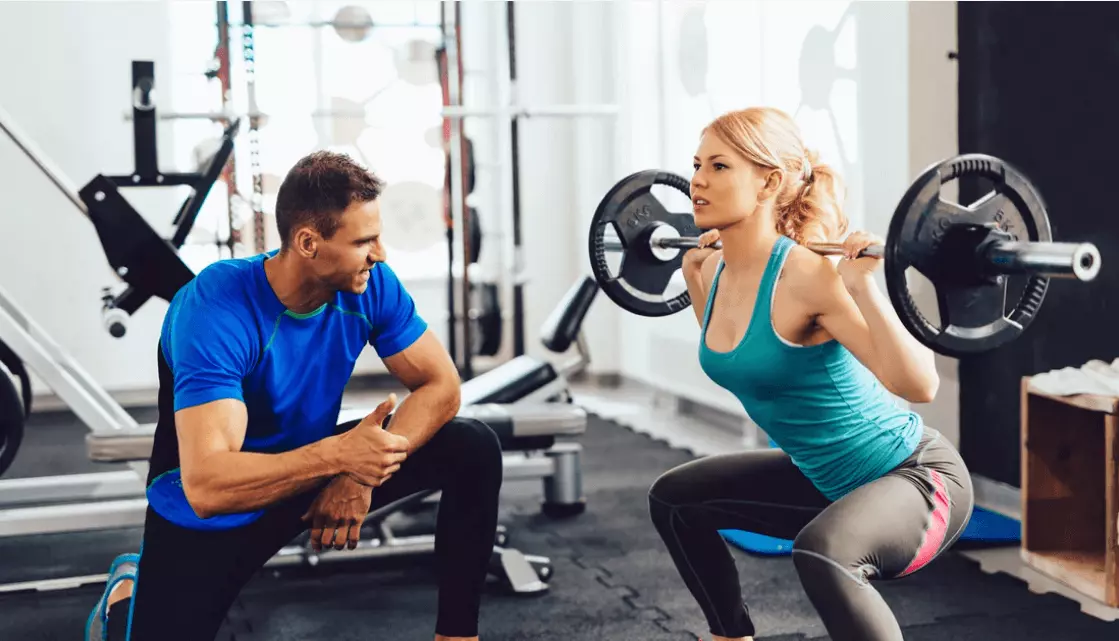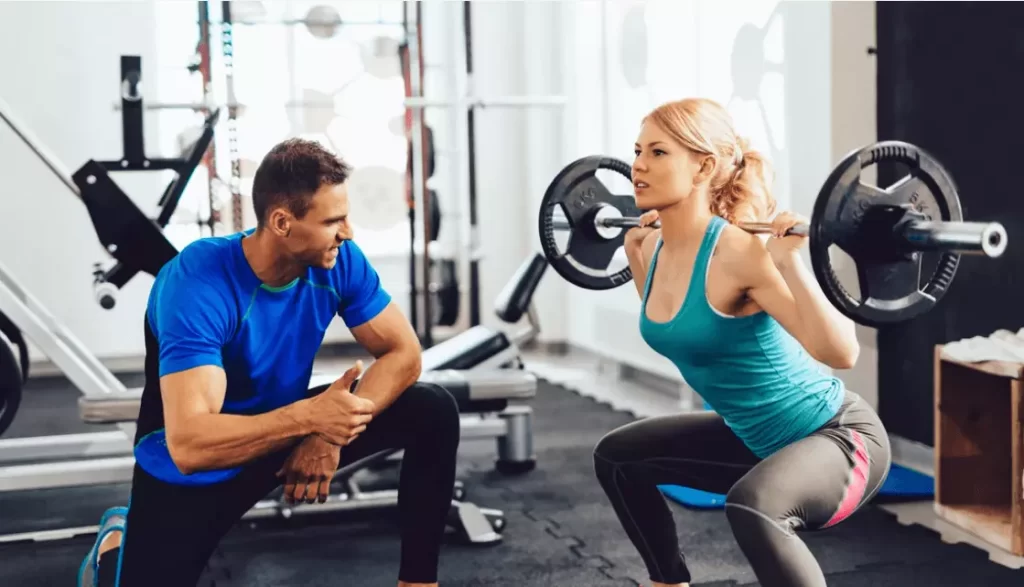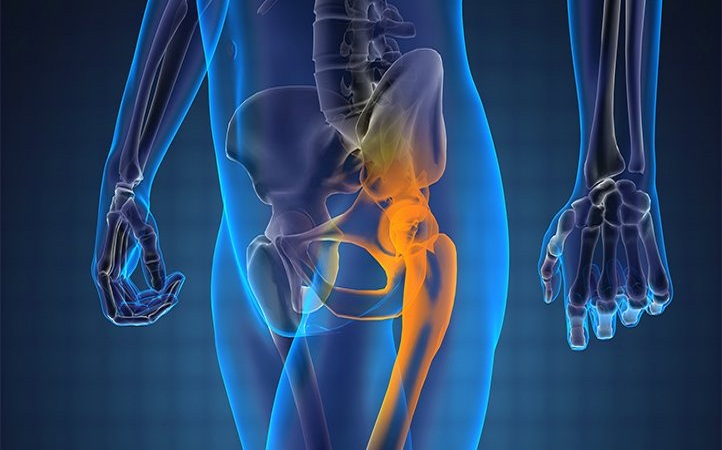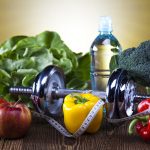
How Important is Sports Nutrition?
April 4, 2024
Sports nutrition plays a pivotal role in elevating your game to new heights! Wondering why the right fuel matters as much as skill and practice? Let’s dive into the world of sports nutrition and uncover how it impacts your performance. From energy levels to recovery, we’ll explore how what you eat can make all the difference on the field or court. So, get ready to unleash your true potential with proper nutrition!

Content
The Link Between Performance and Nutrition
When it comes to sports performance, nutrition is the secret ingredient that can take you from good to great. What you put into your body has a direct impact on how well you perform on the field or court. Let’s delve deeper into this fascinating connection between what we eat and our athletic abilities.
Energy Levels: Powering Your Performance
The food we consume serves as fuel for our bodies, providing the energy needed to excel in sports. Carbohydrates are especially important as they provide quick energy during exercise. Opt for whole grains, fruits, and vegetables to ensure a steady supply of energy throughout your game.
Endurance: Going the Extra Mile
Nutrition plays a crucial role in enhancing endurance levels. Consuming foods rich in complex carbohydrates helps sustain prolonged physical activity by providing a slow release of energy. Additionally, staying hydrated is essential for maintaining stamina during intense workouts or long matches.
Strength: Building Muscles and Power
To build strength and power, athletes need an adequate intake of protein-rich foods such as lean meats, fish, eggs, beans, and legumes. Proteins aid muscle repair and growth after intense training sessions while also supporting overall recovery.
Recovery: Bouncing Back Stronger
After pushing your limits on the field or at the gym, proper nutrition becomes vital for effective recovery. Consuming post-workout meals with a combination of proteins and carbohydrates helps replenish glycogen stores while promoting muscle repair.
To optimize athletic performance further:
- Stay mindful of nutrient timing – consuming pre-game meals 2-3 hours before an event promotes digestion.
- Include healthy fats like avocados or nuts that provide sustained energy.
- Don’t forget about vitamins (found in colorful fruits/vegetables) & minerals (in dairy products/nuts/seeds) that aid various bodily functions!
Fueling Your Body Right
When it comes to athletic performance, fueling your body with the right nutrients is essential. Let’s explore the macro and micro-nutrients that play a crucial role in optimizing your performance on the field or court.
Macro-nutrients for Athletes
Carbohydrates: Powering Your Performance
Carbohydrates are the primary source of energy during exercise. They provide quick fuel for intense activities. Opt for complex carbohydrates found in whole grains, fruits, and vegetables as they release energy slowly and sustain endurance levels.
Proteins: Repair and Growth
Proteins are vital for muscle repair and growth after intense workouts. Lean meats, fish, poultry, eggs, beans, legumes, and dairy products are excellent sources of protein. Aim to include them in every meal to meet your body’s needs.
Fats: The Good vs Unhealthy Ones
Understanding healthy fats is crucial for athletes. Healthy fats like avocados, nuts/seeds aid in overall health by providing sustained energy levels during training sessions while supporting bodily functions.
Micro-nutrients Every Athlete Needs
Vitamins: Enhancing Athletic Performance
Specific vitamins play an important role in improving athletic performance.
- Vitamin C boosts immune function; find it abundantly in citrus fruits.
- Vitamin D supports bone health; get it from sunlight exposure or fortified foods.
- B vitamins aid energy production; consume whole grains & leafy greens.
Minerals: Essential Support System
Essential minerals help athletes stay hydrated and maintain proper bone health:
- Calcium strengthens bones – dairy products such as milk/yogurt are rich sources.
- Iron promotes oxygen transport – incorporate lean red meat/spinach into your diet.
Hydration Guidelines
Staying properly hydrated is vital during physical activity or training sessions:
- Water is generally sufficient unless you engage in prolonged high-intensity exercise.
- Specialized sports drinks can be useful for intense workouts lasting longer than an hour, providing electrolytes and carbohydrates.
hydration tips:
- Drink water before, during, and after exercise to maintain optimal hydration levels.
- Monitor your urine color; pale yellow indicates proper hydration.
Achieve peak athletic performance and reach new heights in sports by nourishing your body with the right macro and micro-nutrients, while maintaining proper hydration. Unlock the secrets to success with the Sports Nutrition Certification from American Sport and Fitness (ASFA). Elevate your game today! You can read more about it on https://www.americansportandfitness.com/products/sports-nutrition-certification.
Enhancing Recovery Through Proper Nutrition
After a challenging workout or intense physical activity, proper nutrition becomes crucial for your body’s recovery process. Let’s dive into why post-workout nutrition plays a vital role in enhancing recovery and optimizing your athletic performance.
Why Post-Workout Nutrition is Vital for Recovery
After exercise, your muscles need to repair and replenish their energy stores. This is where post-workout nutrition comes into play:
Muscle Repair
Intense workouts cause tiny micro-tears in your muscles. Consuming protein-rich foods after exercising provides the necessary building blocks for muscle repair and growth. Include lean meats, poultry, fish, eggs, dairy products (or plant-based alternatives), beans, and legumes to ensure an adequate intake of protein.
Replenishment of Glycogen Stores
During exercise, glycogen—a form of stored carbohydrates—gets depleted from your muscles. Consuming carbohydrates after a workout helps replenish these glycogen stores efficiently. Opt for whole grains like brown rice or quinoa, fruits rich in natural sugars like bananas or berries, and starchy vegetables such as sweet potatoes.
Remember that timing matters! Aim to consume a balanced meal containing proteins and carbohydrates within 30 minutes to two hours post-exercise to maximize the benefits of nutrient absorption.
By providing essential nutrients through proper post-workout nutrition:
- You accelerate muscle recovery.
- You enhance muscle growth.
- You restore energy levels for future training sessions.
fuel up with quality protein sources and replenish glycogen stores with healthy carbohydrate options after each workout session. Your body will thank you by bouncing back stronger than ever!
Conclusion
Sports nutrition is the key to unlocking your full potential in any athletic endeavor. By fueling your body with the right nutrients, you can enhance performance, boost energy levels, promote muscle repair, and optimize recovery. Remember: proper nutrition isn’t just a bonus; it’s the winning edge you’ve been looking for!
FAQs
u003cstrongu003eIs sports nutrition really necessary for athletes?u003c/strongu003e
Yes, sports nutrition is essential for athletes as it directly impacts their performance and overall health. Proper nutrient intake helps optimize energy levels, enhance endurance, support muscle repair, and aid in recovery.
u003cstrongu003eCan’t I just rely on regular food to meet my nutritional needs as an athlete?u003c/strongu003e
While a balanced diet is important, athletes often have higher nutrient requirements due to increased physical activity. Sports nutrition focuses on specific nutrient timing and optimal combinations to maximize athletic performance that may not be achieved through regular meals alone.
u003cstrongu003eAre supplements necessary if I already eat a healthy diet?u003c/strongu003e
Supplements should not replace whole foods but can complement a well-rounded diet when used appropriately under professional guidance. They provide additional nutrients or address specific deficiencies that may be challenging to fulfill solely through food.
u003cstrongu003eDo all athletes require the same type of sports nutrition plan?u003c/strongu003e
No, different sports have varying demands on the body; therefore, individualized nutrition plans are crucial based on factors such as sport type (endurance vs strength-based), training intensity/duration, body composition goals, and personal preferences.
u003cstrongu003eIs hydration really that important in sports performance? Can’t I just drink when I’m thirsty during exercise?u003c/strongu003e
Staying properly hydrated before, during, and after exercise is vital for optimal athletic performance. Thirst sensation lags behind actual fluid needs; thus relying solely on thirst may lead to dehydration which negatively affects energy levels and overall performance.

Cathy Webb is a health blog author who has been writing about healthy living since 2024. She started her journey by adopting a vegan diet and eating only organic foods, but the more she learned, the more she realized that we should all be eating plant-based diets exclusively. As an expert in nutrition and wellness, Cathy blogs to educate readers on how they can live happier and healthier lives through food choices!














